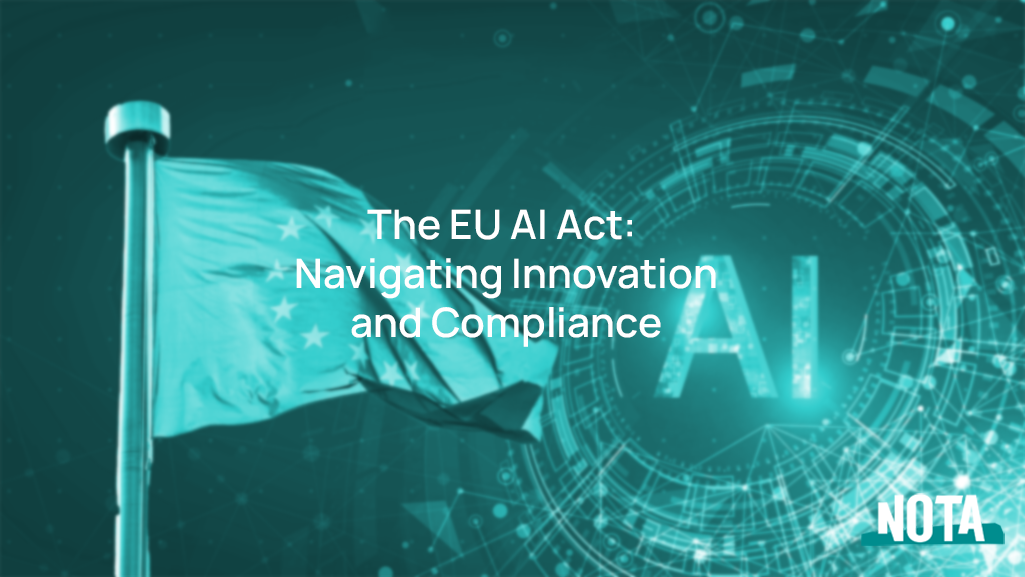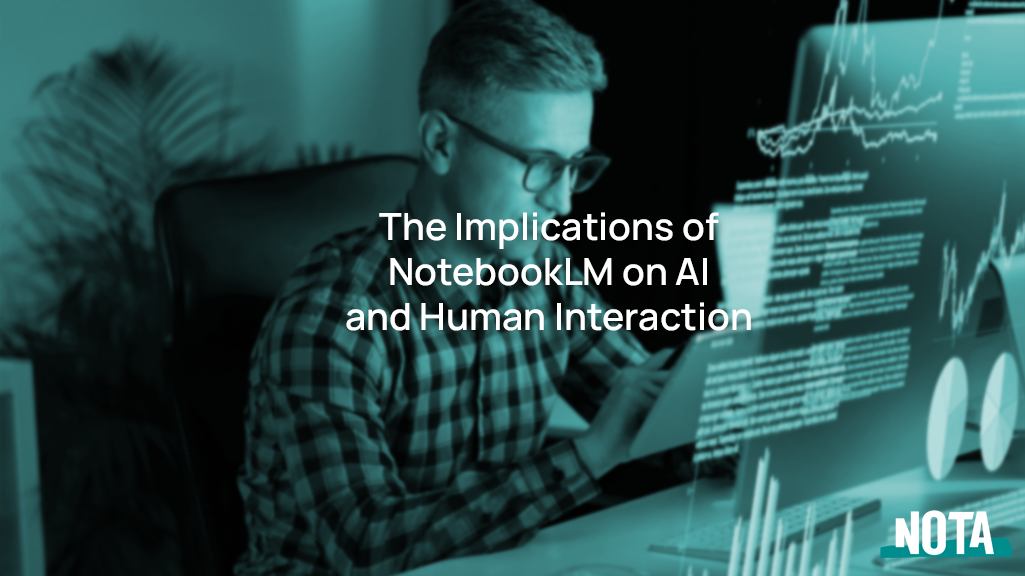The European Union’s AI Act will go into effect on August 1, 2024, starting a two-year countdown for compliance aimed at regulating the development and application of artificial intelligence across EU member states. While its primary intent is to ensure safety and transparency, significant discourse has emerged around its potential repercussions on innovation, particularly for companies operating within and outside the EU’s jurisdiction.
Key Aspects of the EU AI Act
Scope and Objectives
- The EU AI Act categorizes AI applications into various risk levels: unacceptable, high and low/minimal risk.
- Its main objective is to ensure that AI systems are created and used in a manner that is safe, transparent and respects fundamental human rights.
Compliance Requirements
- Companies developing high-risk AI systems must comply with rigorous standards that include risk management, data governance, transparency, human oversight and robustness.
- Firms are required to undertake conformity assessments and maintain meticulous documentation of their AI systems to demonstrate compliance.
Penalties for Non-Compliance
- Companies that fail to comply with the Act face substantial fines, reaching up to €30 million or 6 percent of their global annual turnover, depending on which is greater.
Preparation Timeline
- Businesses must promptly audit their current AI applications, update compliance protocols and ensure continuous monitoring and reporting to align with the new regulations.
Impact on Innovation
- Although the Act aims to build trust in AI, it presents notable challenges, especially for smaller companies. Achieving a balance between stringent compliance and fostering innovation is essential.
Nota’s Point of View
The EU AI Act sets a commendable precedent for proactive regulation; however, there is a risk that such measures could inadvertently stifle innovation within the Union. This scenario could drive technological advancements to countries beyond the EU’s jurisdiction, thereby limiting the EU’s ability to regulate effectively and missing out on significant economic benefits.
At Nota, we are champions for innovation and ethical standards in AI. We’ve been keeping a close eye on the EU AI Act and are pleased to see that our systems are fully compliant with its rigorous standards.
Our commitment aligns with the goals of the EU AI Act, emphasizing innovation, transparency and compliance. We are leveraging our compliant status to drive further innovation and maintain our leadership in the AI space. We’ve also established robust monitoring systems to ensure continuous compliance, transparency and accountability, preparing us to quickly address any emerging issues.
Conclusion
The EU AI Act signifies a critical step towards regulating AI, aiming to safeguard ethical practices and respect for fundamental rights. However, achieving a delicate balance between stringent compliance and fostering innovation is imperative. At Nota, we are committed to not only maintaining our compliance with these regulations but also leveraging our compliant status to drive further innovation in AI technology.
Stay tuned as we delve deeper into how Nota is navigating the EU AI Act and the steps that we are taking to ensure ongoing compliance while continuing to innovate in the AI space. For more insights and updates, follow our LinkedIn page and join the conversation.




